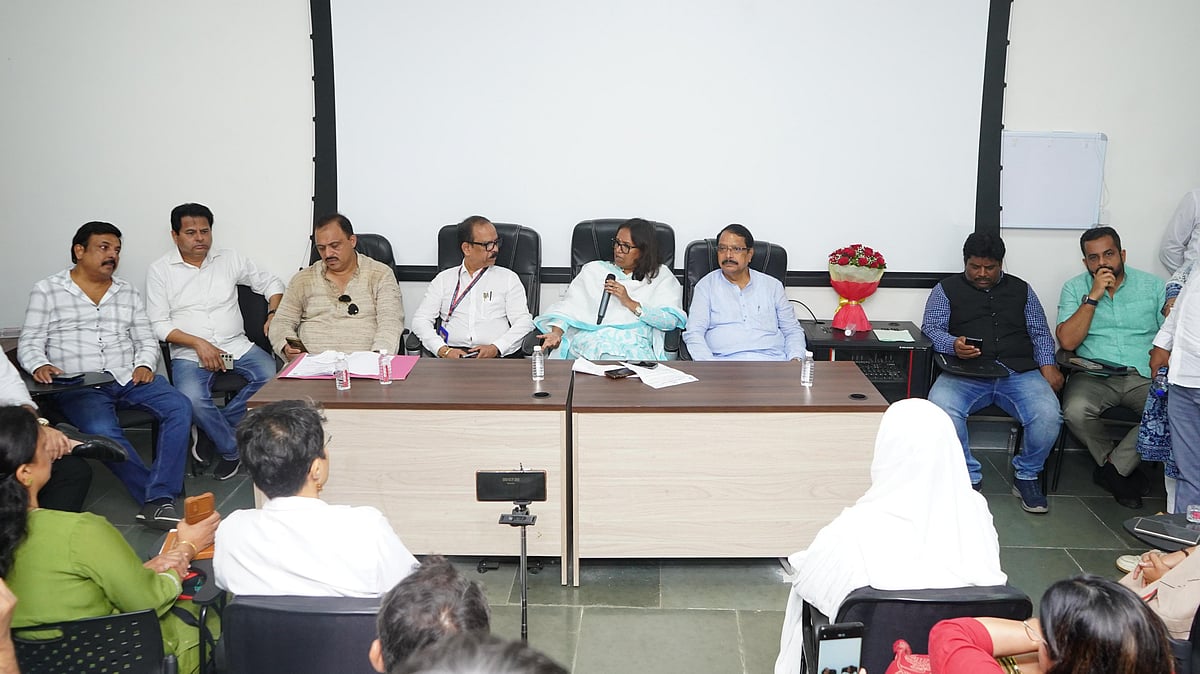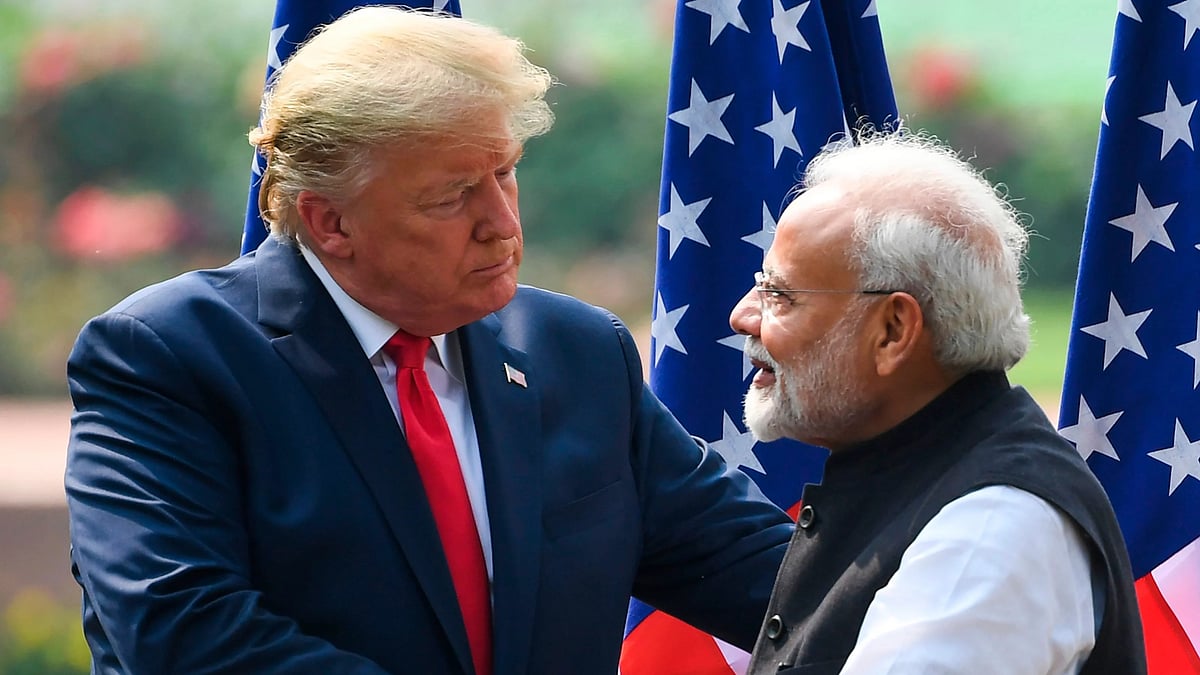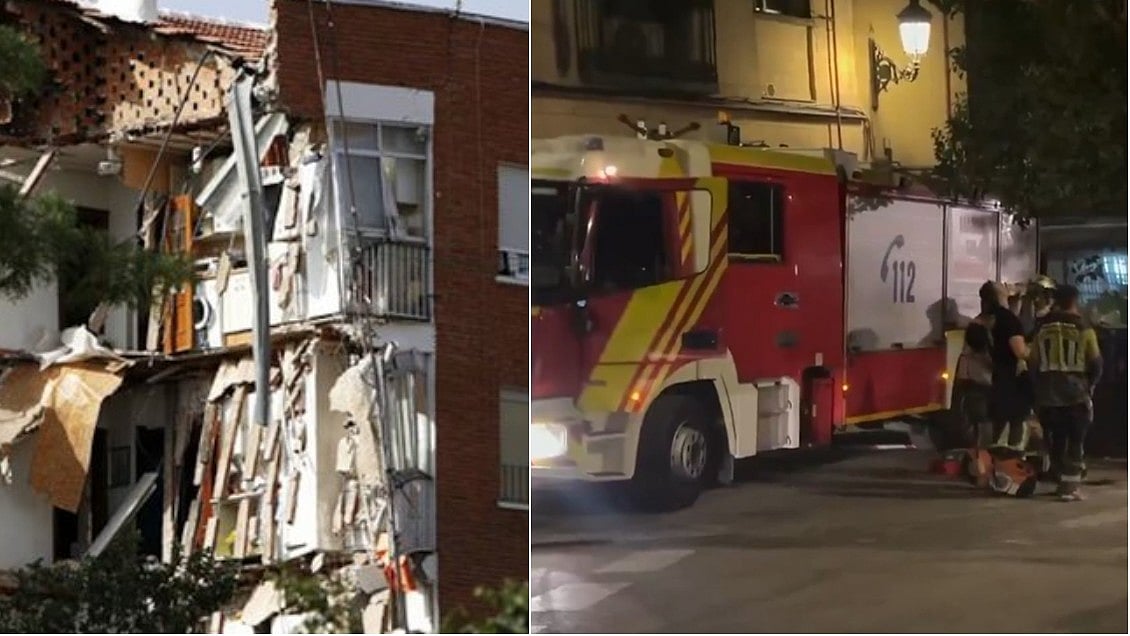Booker Prize winning author Salman Rushdie, whose novel The Satanic Verses drew death threats from Iran’s leader in the 1980s, was stabbed in the neck and abdomen on Friday by a man who rushed to the stage as the author was about to give a lecture in western New York.
In India, the legal term used for banning a book is "forfeiture".
It is defined under Section 95 of the Criminal Procedure Code, under which every copy of the book could be declared "to be forfeited to government" and the police might therefore "seize the same wherever found in India."
On October 5, 1988, just ten days after its publication, India became the first country to ban The Satanic Verses.
Which Indian government banned the book?
Khushwant Singh, while reviewing the book in Illustrated Weekly, proposed a ban on The Satanic Verses, apprehending the reaction it may evoke among people.
On October 5, 1988, India banned the novel's importation, after Indian parliamentarian and editor of the monthly magazine Muslim India Syed Shahabuddin petitioned the government of then-Prime Minister Rajiv Gandhi to ban the book.
K Natwar Singh, who was a Union minister in the Rajiv Gandhi government that banned The Satanic Verses, strongly defended the decision on Saturday, following the attack on Rushdie, asserting that it was taken "purely" for law and order reasons.
With focus back on Rushdie's book in the wake of the attack on him in New York, Singh, who was the minister of state for external affairs when the book was banned in 1988, said he was part of the decision and had told the then prime minister the book could cause serious law and order problems as feelings were running very high.
Singh, 91, rejected as "rubbish" the charge by critics the Rajiv Gandhi government's decision to ban the book was driven by appeasement towards Muslims.
"I don't think it (the decision to ban the book) was wrong because you see it had led to law and order problems, particularly in Kashmir. In other parts of India also there was disquiet," Singh told PTI.
"Rajiv Gandhi asked me what should be done. I said, 'all my life I have been totally opposed to banning books but when it comes to law and order even a book of a great writer like Rushdie should be banned'," the diplomat-turned-politician said.
Was preservation of communal harmony in the government's decision?
Yes.
Violence was threatened. The matter was referred to the then-Home Minister, Buta Singh. The Home Ministry recommended that the book should not be published because its distribution would lead to violence.
The government of India accepted this recommendation and banned the import of The Satanic Verses. Rajiv Gandhi justified his decision by saying that nothing could be allowed to cause riots and endanger communal harmony.
Violence erupted in Mumbai... and elsewhere
On the 24th of February, 1989, barely 10 days after the infamous fatwa of apostasy delivered against Salman Rushdie by Ayatollah Khomeini, 12 people were killed in police firing in Bombay, as Mumbai was then known.
The police was apparently forced to open fire when a crowd of around 10,000 Muslims protesting outside the British Consulate in the city began to turn violent.
On February 13 of the same year, one person was killed and over 100 injured in anti-Rushdie riots in Srinagar, Jammu and Kashmir.
The violence was not limited to India.
One February 12 of that year, six people were killed and 100 injured when 10,000-strong mob attacked the American Cultural Center in Islamabad, Pakistan, protesting against Rushdie and his book.
On July 2, 1993, thirty-seven Turkish intellectuals and locals participating in the Pir Sultan Abdal Literary Festival died when the conference hotel in Sivas, Turkey, was burnt down by a mob of radical Islamists.
Participating in the conference was Aziz Nesin, who had previously announced that he was going to get the book translated and published. The mob demanded he be handed over for summary execution. The mob set the hotel alight when Nesin was not turned over. Nesin escaped the fire and survived.











